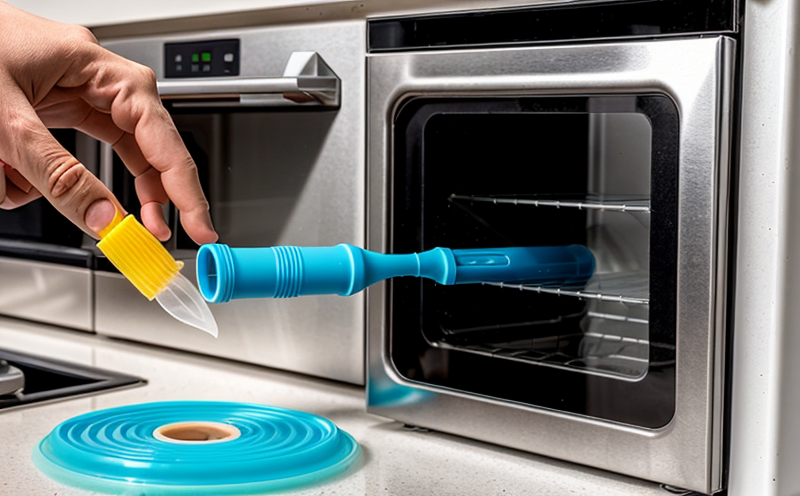ISO 11359 Thermal Expansion Testing of Household Plastics
The ISO 11359 standard specifies the procedure for measuring linear thermal expansion in household plastics. This test is essential to ensure that products remain functional and safe under varying temperatures, a critical concern given the diverse environmental conditions encountered by household appliances and fixtures.
Thermal expansion plays a significant role in determining the durability and performance of plastic components used in household items such as kitchen utensils, electronics, and plumbing fittings. By understanding how these materials behave thermally, manufacturers can optimize their designs to enhance product longevity and safety.
The testing process involves subjecting samples to controlled temperature variations while measuring any changes in dimensions using precise instruments like displacement meters or laser interferometers. This data is then analyzed according to the ISO 11359 guidelines to determine the coefficient of thermal expansion (CTE).
Accurate measurement of CTE helps identify potential issues early on, allowing for necessary adjustments during product development stages. It also provides valuable insights into material selection and processing techniques employed by manufacturers.
The scope of this test extends beyond mere compliance; it serves as an important tool in advancing innovation within the industry. Understanding how materials respond to temperature fluctuations enables researchers and engineers to create more efficient solutions tailored specifically for household applications.
For instance, knowledge gained from thermal expansion testing can lead to improvements in insulating properties or resistance against heat-induced deformation – attributes particularly beneficial when designing appliances like ovens, microwaves, and refrigerators. Additionally, it facilitates better integration of electronic components into housings without risking damage due to overheating.
Given the increasing focus on sustainability across various sectors including manufacturing, this testing method contributes significantly towards reducing waste by identifying materials that perform well under extreme conditions while minimizing environmental impact during production processes.
In summary, ISO 11359 thermal expansion testing of household plastics is crucial for ensuring reliable performance and safety in everyday products. Its application ranges from optimizing existing designs to driving forward technological advancements aimed at enhancing user experience and reducing ecological footprint.
Applied Standards
| Standard | Description |
|---|---|
| ISO 11359:2007 | Polymer and Plastics Materials – Determination of Linear Thermal Expansion by Means of Dilatometry or Thermomechanical Analysis. |
Why Choose This Test
The decision to perform ISO 11359 thermal expansion testing on household plastics is driven by several factors:
- Ensures product reliability under varying temperatures.
- Promotes safer and more efficient home appliances.
- Facilitates better integration of electronic components into plastic housings.
- Supports sustainable practices through informed material selection and processing techniques.
By adhering to this standard, manufacturers can enhance their reputation for quality while meeting regulatory requirements set forth by relevant authorities. Moreover, successful completion of these tests positions companies at the forefront of innovation, offering competitive advantages in today’s fast-paced market environment.
Environmental and Sustainability Contributions
- Promotes recycling initiatives by identifying durable materials that withstand extreme temperatures.
- Reduces waste generation through optimized product design based on robust thermal performance data.
- Fosters responsible resource management practices during manufacturing processes.
- Encourages the development of energy-efficient household appliances.
The insights gained from ISO 11359 testing contribute to a circular economy model where materials are used repeatedly without compromising on quality or functionality. This approach not only benefits the environment but also supports long-term business sustainability goals.





